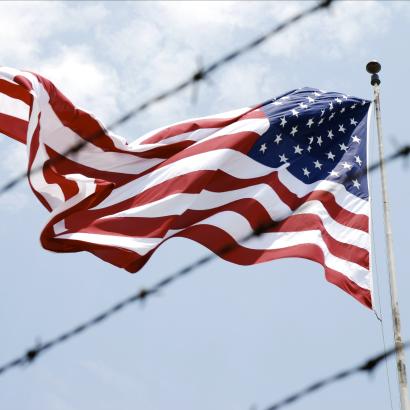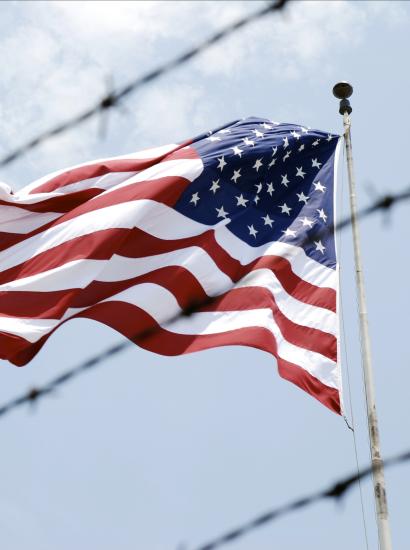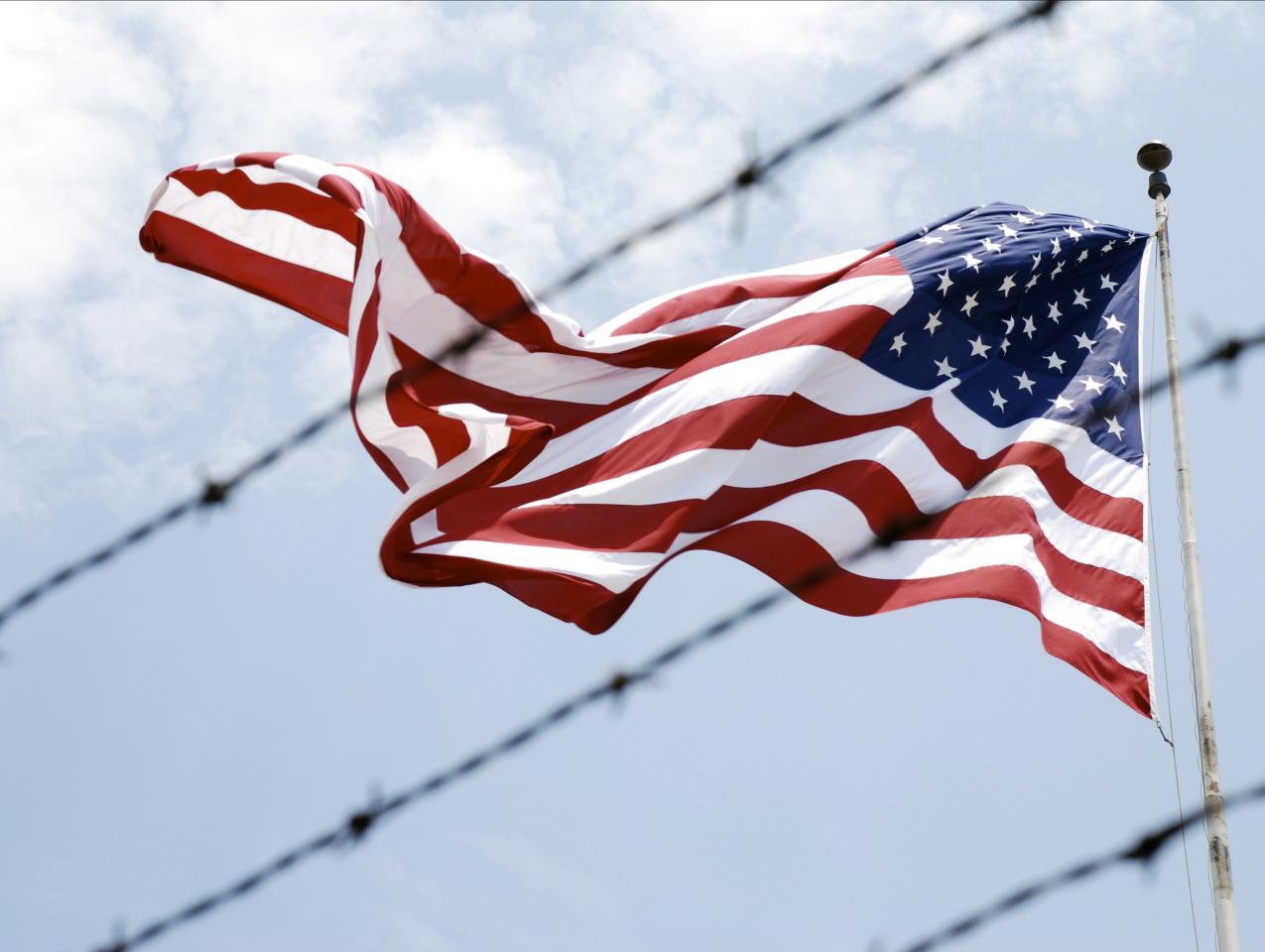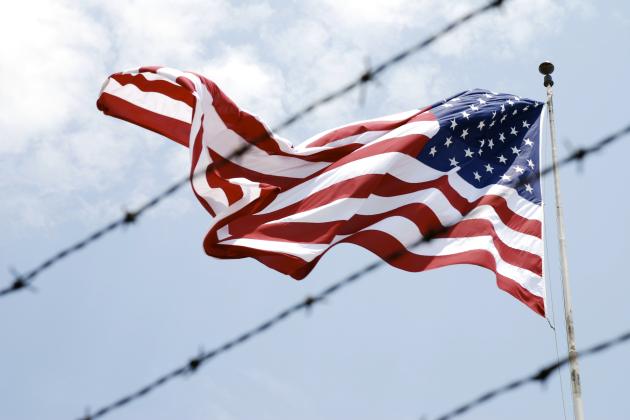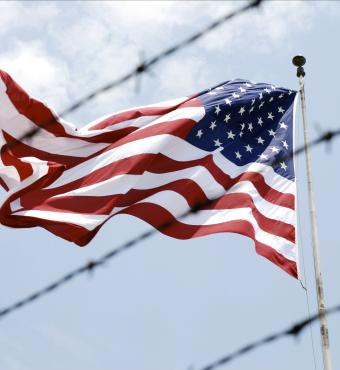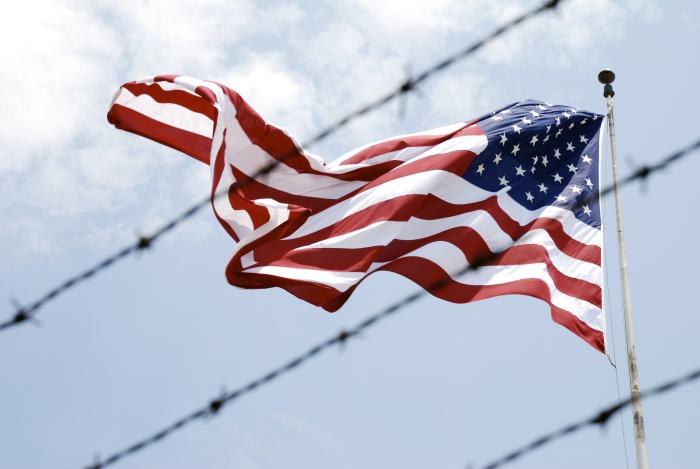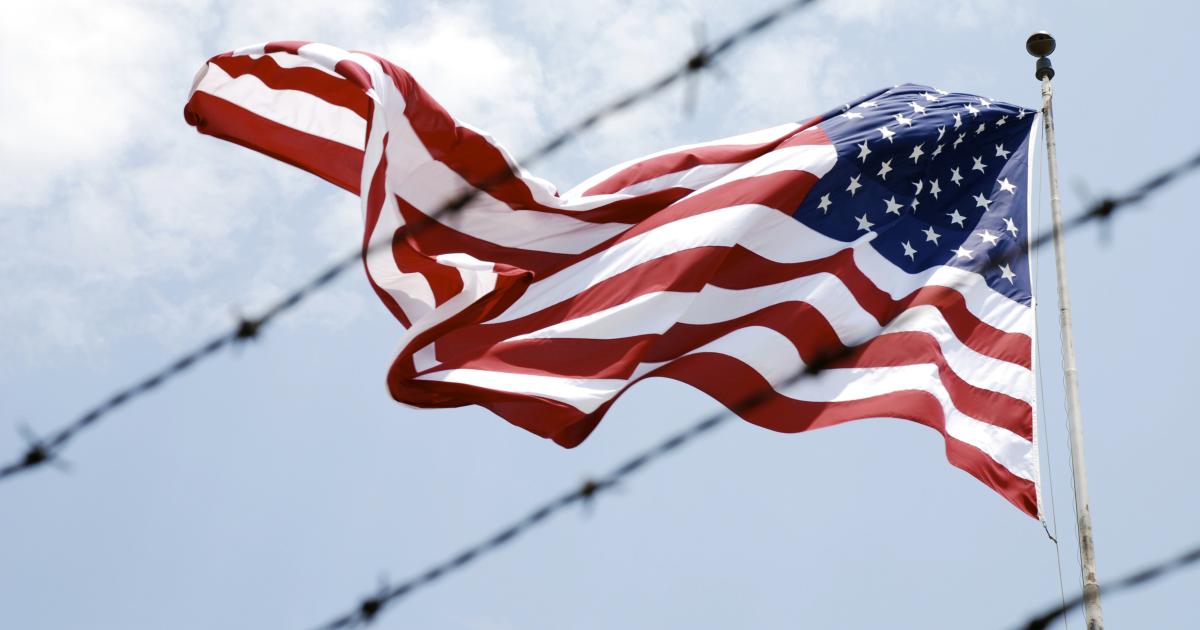Of all the canards, straw-men, and flat-out silliness flung at immigration control, the idea that we must keep immigrants out in the name of national security is surely one of the worst.
The 9-11 terrorists came into the country legally. Richard Reid, the shoe bomber, was entering legally. The Tsarnaev brothers came here legally.
Terrorists and others who wish to enter the US come on planes, with tourist visas. They do not swim the Rio Grande. They do not stop on the way to pick vegetables under the hot sun. They do not try to work, to pay taxes, to buy houses and cars. They are not interested in education for their kids, and the ability to go to authorities for legal protection. Immigrants want all these things, and we deny them.
The immigration issue is not who enters the US. The immigration issue is who is allowed to work here legally, and to enjoy the protections of the law without threat of deportation. And that issue has absolutely nothing to do with security. Keeping a vegetable picker apart from a farmer does not enhance national security. Kicking my sharp MBA student away from a tech startup because the H-1B lottery is full does not enhance national security. Denying education or employment to young adults, here since infancy, does not enhance national security. If anything, the opposite: young men and women, denied legal work, soon sour on unfair systems that keep them idle. See most of the Middle East.
Next year’s budget allocates 13.5 billion dollars for customs and border protection. It allocates 8.5 billion dollars for the whole FBI. If you want security, you should want to flip those numbers. If you want to keep out terrorists, post a few more agents at JFK, not Laredo.
Illegal immigration is easy to fix. Make it legal. Recognize that every worker is also a consumer, a taxpayer, and a potential citizen. People undergo the great strains of immigration, and the indignities of starting on the bottom of the ladder, poised to love this country, not to hate it.
Reactions to the Peregrine survey
Considering this quarter’s Peregrine survey, I am astonished that 68 percent of any group of freedom-loving Americans are not horrified by the idea of mandatory E-verify. In order for any living person in the United States to work, he or she must obtain the prior approval of the Federal Government? The Founders are rolling over in their graves.
It shouldn’t take a minute to figure out how this will go wrong. The same organizations that run the Obamacare websites are going to be in charge.
Once in place, its expansion is inevitable. It will start with further reducing the employment options of ex criminals. You wouldn’t want a felon working at a day care center, right? E-verify them! Or a banker convicted of fraud or insider trading selling stocks? E-verify them! Or unlicensed nail salon workers preying on unsuspecting customers? E-verify them! Hey, let’s check that prospective employees are up to date on their divorce payments. And that they have complied with the Obamacare insurance mandate. Surely you wouldn’t want people accused of horrible crimes, like campaign finance violations, to work right? While we’re at it, we can check on the statistics of employer requests. Are they interviewing a diverse-enough set of people?
Where is your political freedom when the Federal Government controls who works? The Soviet Union kept power for many years by that simple means. It didn’t have to send people to Siberia to silence them. It just had to threaten to pull their work permit. What in heaven’s name are we doing instituting a Federal Work Permit to the United States?
Am I overstating it? Read the plain text of the question: "verify the legal status of their prospective employees.” Not even this survey limits “legal status” to immigration law.
Legal Status
Well, at least our respondents aren’t indulging in the usual fantasies about sending people “home,” many of whom have been here for decades. And “allow to work” is really progress. But how does 83% here add up with 68% in favor of e-verify and 63% in favor of stronger penalties for employers?
“No promise of U.S. Citizenship?” People who live here for decades, work, pay taxes, own houses, may never vote in our elections? What kind of democracy is that?
Imagine we are looking at some other country, say a Gulf state, with a large population of immigrant workers, say from the Philippines. And they deny these workers legal status, with no recourse when employers mistreat them or others cheat them. We’d be indignant. But that country is the U.S., today.
Finally, this country says, ok, they can stay and work, but they can never be citizens. They can never vote. They need a passport from some country they haven’t been to in decades. We’d still be indignant. We’d call it apartheid.
Better Performance Metrics
I wonder how many people responding to this question could name any existing “performance metrics” of the U.S. Customs and Border Protection agency today. A good prefatory question would have been: Name one performance metric. Name one alleged problem with that metric.
Having no idea, I looked them up in the most recent “Performance and Accountability Report.” (I presume this is what was meant.) It’s pretty anodyne stuff such as:
- Total revenue: $40.9 billion (includes custodial and entity revenue)
- Illegal alien apprehensions between the ports of entry: 420,789
- Inadmissible aliens interdicted at the ports of entry: 204,905
- Pedestrians and passengers processed: 362 million
- Aircraft passengers processed: over 102 million
- Prohibited plant and animal materials seized at the ports of entry: 1,603,944
The trouble with “metrics” is that you get more of what you measure. Would it be “success” if the border patrol removed all 11 million “illegal aliens” overnight? They’re actually under orders not to do so.
But if we’re going to play with “metrics” it would be a lot of fun to include all points of view on the “metrics” committee:
- Families ripped apart by deportations
- Average number of years between parent visits to children, for fear of deportation
- Person-years on various lists
- H-1B visa applicants denied because the lottery ran out
- Lost tax revenue due to H-1B visa denials.







